NORTH DAKOTA
FOOD HANDLERS CARD
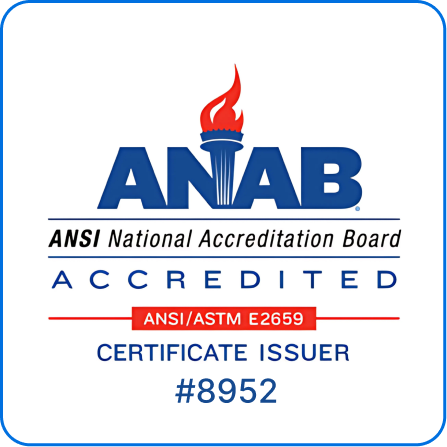
- ANSI National Accreditation Board (ANAB) Accredited
- Approved and Accredited in North Dakota
- 100% Online, Accessible 24 hours a Day, 7 Days a Week
- Course Duration: 1.5 Hour
- Course Access: 3 Months from Purchase
- Owners/Managers: Manage, Track, and Report Employee Progress
- Certificate of Completion upon Successful Completion of Final Exam
- Exam Passing Score 70%
- 2 Chances to Pass the 40 Question Final Exam
- Languages Available: English, Spanish
- Bulk Discount Pricing Available
Our clients
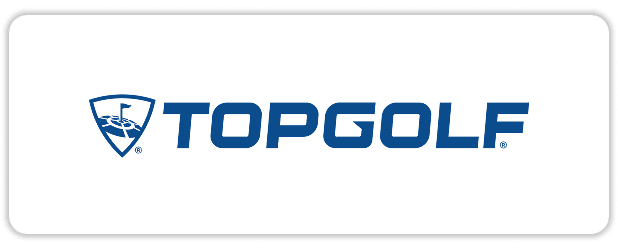


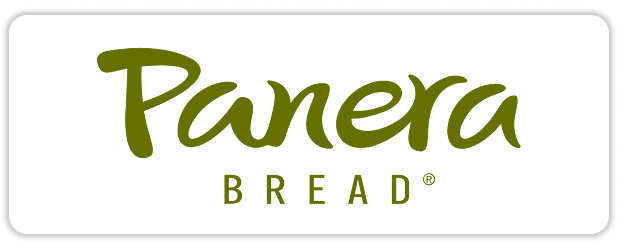
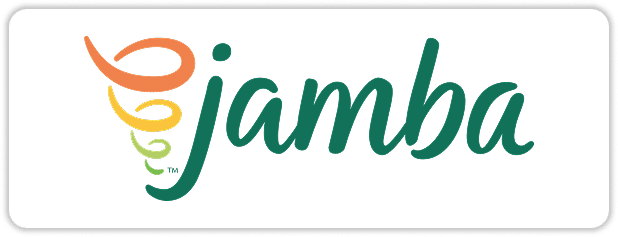

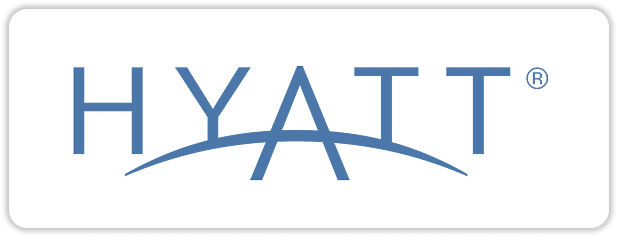
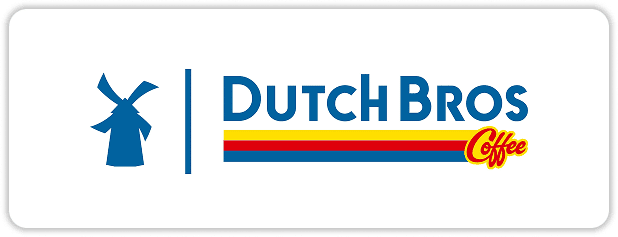
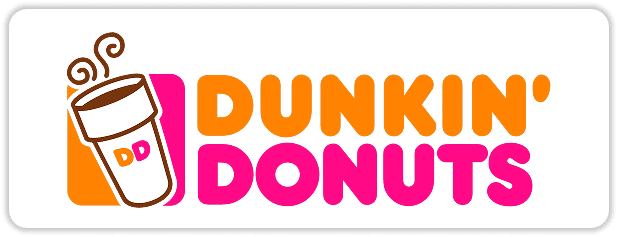
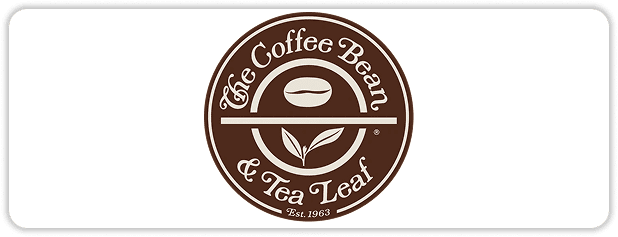
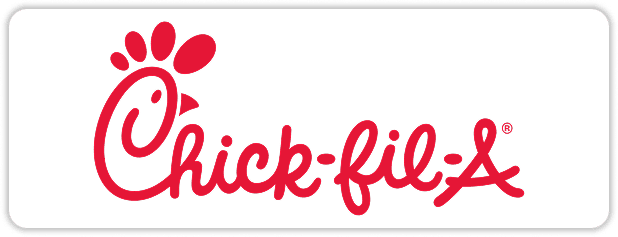

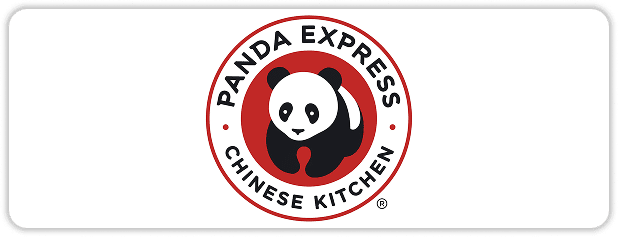
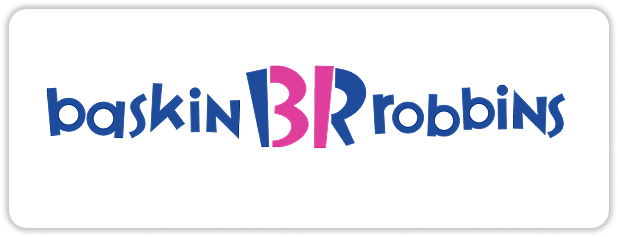

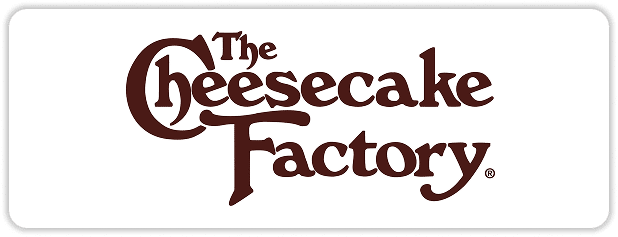
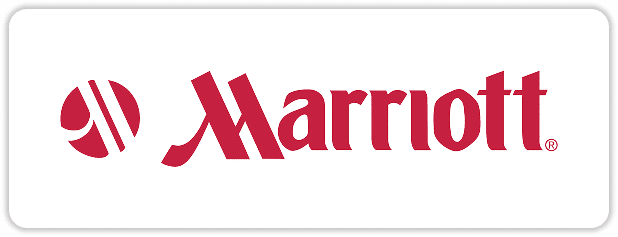


BENEFITS OF TRAINING
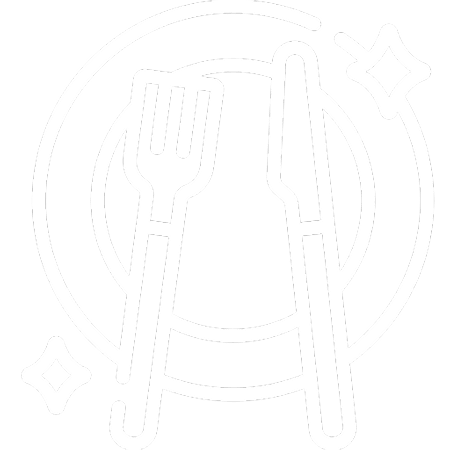
PREVENT
Education is the best tool to prevent, minimize, or eliminate foodborne illnesses and food hazards.

AWARENESS

ELIMINATE
Training helps reduce or eliminate food safety hazards before they become major issues.

MINIMIZE

PRODUCTIVITY
Reducing food safety complaints will create a happier workplace and in turn increase productivity.

WORKPLACE SATISFACTION
WHY CHOOSE US

- Satisfaction Guarantee
- Online Interactive Course
- Meets and Exceeds State Guidelines
- Price Match Guarantee
- Owners and Managers: Manage, Track and Record Employee Progress
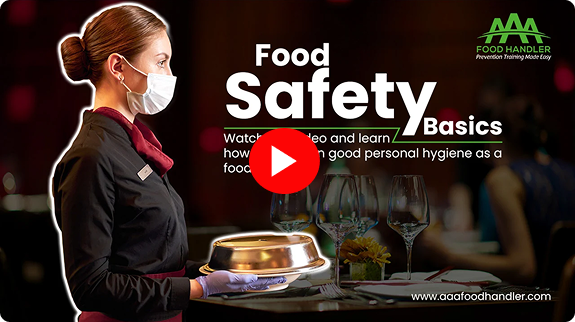
Getting Your Food Handler Card is Quick and Hassle-Free
Numerous professionals nationwide have already earned and renewed their card with AAA Food Handler — a trusted name in food safety training.
FREQUENTLY ASKED QUESTIONS (FAQs)
In North Dakota, earning a Food Handler Card requires completing a food safety training course accredited by the ANAB. The course teaches key principles such as food hygiene, proper handling techniques, contamination prevention, and strategies to reduce the risk of foodborne illnesses. It also emphasizes the importance of maintaining a clean and sanitary kitchen environment. This course complies with state regulations and is mandatory for individuals working with food in restaurants, catering companies, and other food service operations.
To receive a North Dakota Food Handlers Card, take and pass a food safety course accredited by the ANAB. Once completed, you’ll receive a recognized card throughout the state.
The Food Handler course is done entirely online and is available 24/7. After finishing the 1.5-hour course, you’ll take a 40-question final exam. You’ll need a score of at least 70% to pass and earn your certificate.
The Food Handler course is perfect for individuals in the food industry, whether you work in a restaurant, café, grocery store, food truck, or concession stand. It’s designed for anyone involved in preparing or serving food.
The Food Handler Course costs just $6.95. Discounts are available for businesses looking to train multiple employees at once.
You can take the Food Handler Certificate in English or Spanish.
No worries—you get two attempts to pass the exam. You’ll have another chance if you fail the first time.
The Food Handler Card is accepted throughout all counties in North Dakota, including significant areas like Cass County.
The Food Handler training helps prevent foodborne illnesses, enhances decision-making in food handling, and ensures proper safety protocols are followed. It also helps businesses reduce complaints and improve workplace morale.
Owners and managers can monitor employee performance, track course completions, and generate reports through the platform’s management tools.
ANAB accredits the Food Handler course and satisfies North Dakota’s food safety training requirements. It is accepted across all counties and cities, including Fargo, Bismarck, and Grand Forks.
Here’s what sets it apart:
- Satisfaction Guarantee
- Easy-to-use online platform
- Meets or exceeds state health requirements
- Competitive pricing with a price-match guarantee
- Manager-friendly tracking and reporting tools
For official food safety guidance in North Dakota, contact:
North Dakota Department of Health and Human Services – Food and Lodging Program
600 East Boulevard Avenue, Bismarck, ND 58505
North Dakota permits the sale of non-potentially hazardous foods such as baked goods, jams, jellies, preserves, honey, syrups, and certain canned goods. These items must be shelf-stable and not require refrigeration.
North Dakota does not require food safety training for cottage food producers. However, completing a Food Handler certificate is strongly recommended to ensure safe food handling practices and enhance consumer confidence. The North Dakota Department of Health and Human Services offers resources and guidance on food safety training options.


